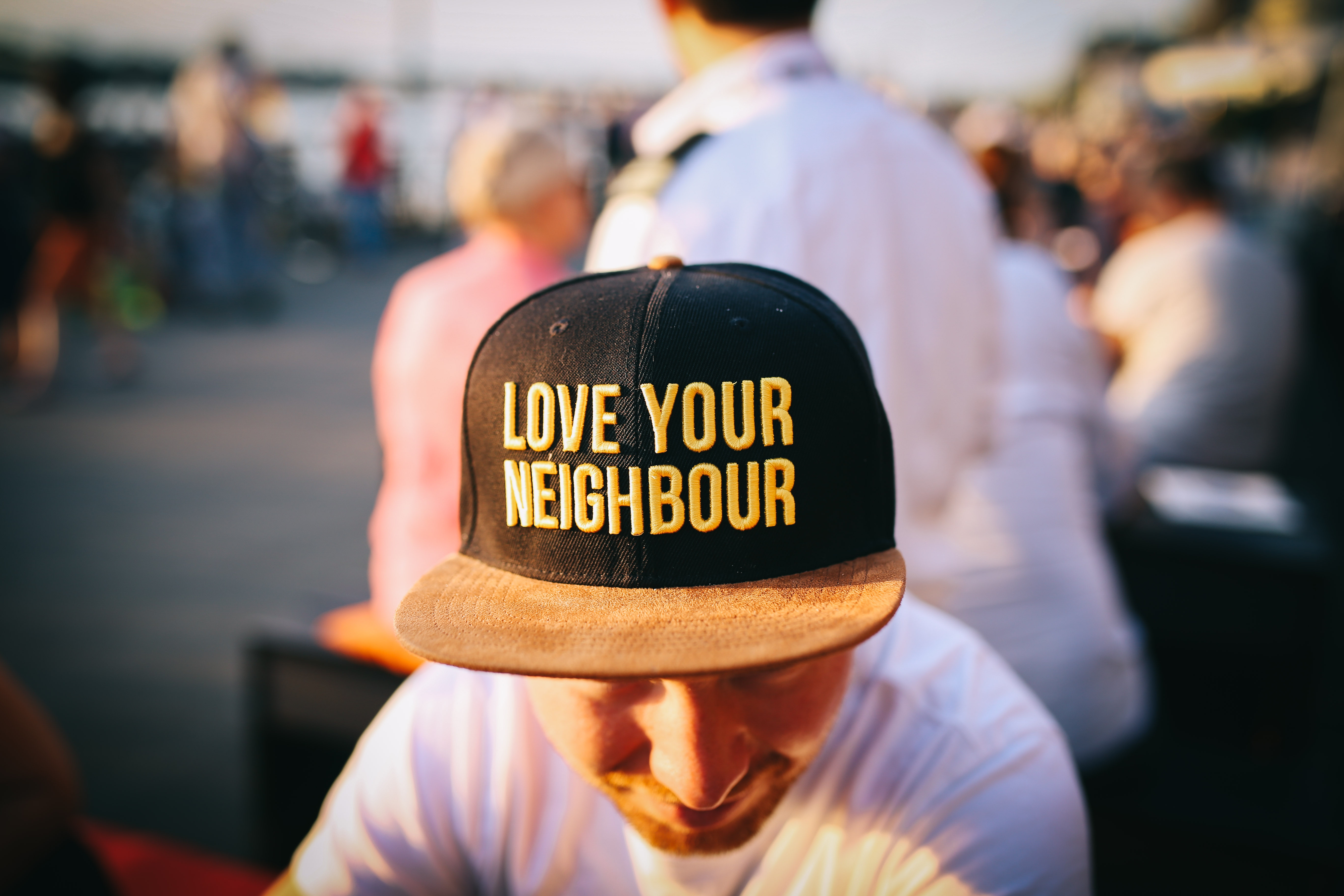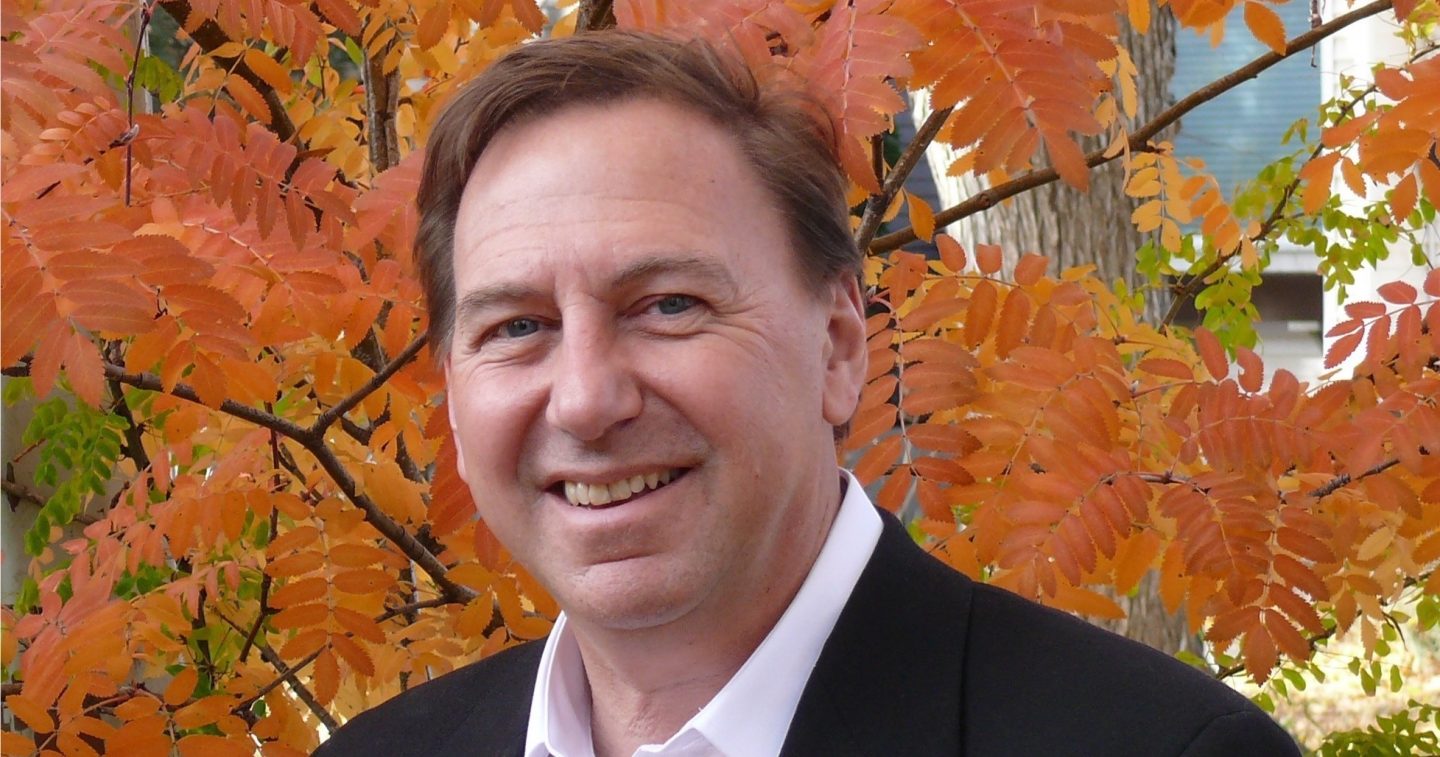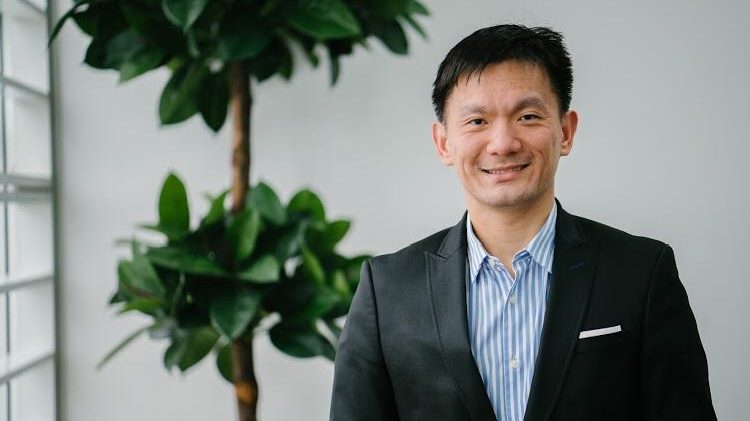
Photo by Nina Strehl on Unsplash
We have often heard that love is the foundation of many things.
For Mark Anielski, economist, author and consultant, love should even be the bedrock of economics and business.
When Mark Anielski speaks about economics, one tends to sit up. After all, his best-selling book, The Economics of Happiness: Building Genuine Wealth (2007), has helped to shape economic thought in Canada, the US, Europe, French Polynesia and China. Between 2003 and 2006, Mark served as a senior economic advisor to China, helping to develop China’s xiaokang (well-being) indicator and performance measurement system for China’s municipalities.
Love, of course, is more commonly associated with matters of the heart than economics.
But Anielski reasons that the fundamental biblical principles of “Love of God, love of the neighbour” Matthew 22:36-40 can be made operational on monetary platforms as much as in any other aspect of life.
“First of all, we need to measure the things that matter to God. We are stewards of his co-creation with a responsibility to improve the well-being of others.”
However, society’s tunnel vision on monetary and financial values has sent the world down a different path. “We have a civilization that is built on worldly power, money and property. But the economy of love is based on the common good or well-being as the highest aspiration,” explains Anielski.
Over the years, these lofty values have been reduced to an afterthought, if at all. Accumulating financial and economic capital is now paramount.
“We have been called to be each other’s keeper but we have been socialised into this culture of scrambling for the last crumb,” Anielski muses.
The result of this trend is that “many have become debt slaves in Egypt, building the debt pyramid one layer at a time. That means half of our working lives will be spent on working off those interest costs.” This time, though, “there’s no Moses to lead us out to the promised land”.
The debt trap
They say the devil is in the detail and proof is in the data.
Anielski proffers: “The amount of outstanding debt in the United States (US) is so large that the repayment has consumed a larger and larger part of its economy. This has become inefficient.”
Statistics from the Federal Reserve Bank of St Louis in the US show that the total public debt as a percent of GDP (Gross Domestic Product) has risen steadily since the 1980s, growing beyond the 100% mark since 2012.
Outstanding mortgage debt held by individuals and private holdings in the country has also climbed in the last 40 years.
According to data from the Department of Statics Singapore, the average debt of a Singaporean household is about S$57,637 per capita as of 31 Dec 2017, up roughly 5% from its level in 2016.
“There’s nothing wrong with making money,” emphasises Anielski, “but I am calling for a different bottom line – not just profit maximization but also a well-being returns on investments. We need to maximise all the returns of the different assets to contribute to the well-being of the society.
“We can look at them as an integral accounting model. Social capital elements, should at least be added for internal management purposes and possibly provided in financial statements for the board of directors.”
This social and relational capital includes elements like the happiness and satisfaction of employees, trust of customers and better use of natural resources.
Economics of well-being
While the dollar value of financial and economic capital is meticulously measured in current accounting systems, Anielski’s Genuine Wealth Model also advocates for the inclusion of human, social and natural capital on the balance sheet of companies, communities and countries.
“As a Christian business person, the basis of accounting is to be accountable to God because all wealth comes from God.”
“First of all, we need to measure the things that matter to God. We are stewards of his co-creation with a responsibility to improve the well-being of others and have a better relationship with the earth. We have responsibilities to our neighbours. The fundamental question for a business entity is how you are contributing to the common good and economy of well-being.”
Using conventional accounting and economic analysis tools, Anielski has come up with scorecards to measure the relational or trust index, which otherwise would have been relegated under the general goodwill column.
In his 25-year career, Anielski has worked with governments, businesses and financial institutions across the world. His quantifiable matrix on the intangible returns of well-being can be used to guide to promote sustainability of the business ecosystem.
Shift in consciousness
Anielski observes: “I think a tipping point is coming and there’s a shift in consciousness.”
Indeed, more economists are starting to talk about measuring returns with metrics other than monetary. The measurement of well-being is slowing edging into the mainstream; Bhutan has been lauded for measuring Gross National Happiness, or GNH, over GDP.
There are also organisations like the Habitat for Humanity that provides affordable housing programme and zero interest home equity mortgages. Such innovations take a bigger view of providing well-being to the customer and community.
Still, there is an overall resistance to make that change by businesses.
Anielski concedes: “To be honest, it exposes some of our weaknesses; it is a challenge. In the internal well-being audit, you are going to get a response that you may not like, that may require you to adjust the culture of your enterprise. That’s the downside risk. There’s also a financial anxiety that eats away at most of us.”
For those considering business accountability to God: “First of all, you need these tools of accounting, a good business plan to articulate your vision, values and even virtues. Think along these lines, what’s the best interest of your company and the relationships in the enterprise. Map out and measure how your ideas, goods and services can contribute to a net positive well-being. Set up internal processes of governance, keep practising and improving the system.
“Finally, as a Christian business person, be rooted in prayer and thanksgiving and constantly stay in humility. The basis of accounting is to be accountable to God because all wealth comes from God.”
Meet Mark Anielski in Singapore

Mark Anielski is the author of the bestselling book, The Economics of Happiness: Building Genuine Wealth (2007), which helped to shape economic thought in Canada, the US, Europe, French Polynesia and China. Between 2003 and 2006, He served as a senior economic advisor to China.
Join him in Singapore, as he speaks from his forthcoming book, An Economy of Well-being.
Date: Saturday, April 7, 2018, 1-5.30pm
Find out more information and register here.
We are an independent, non-profit organisation that relies on the generosity of our readers, such as yourself, to continue serving the kingdom. Every dollar donated goes directly back into our editorial coverage.
Would you consider partnering with us in our kingdom work by supporting us financially, either as a one-off donation, or a recurring pledge?
Support Salt&Light


